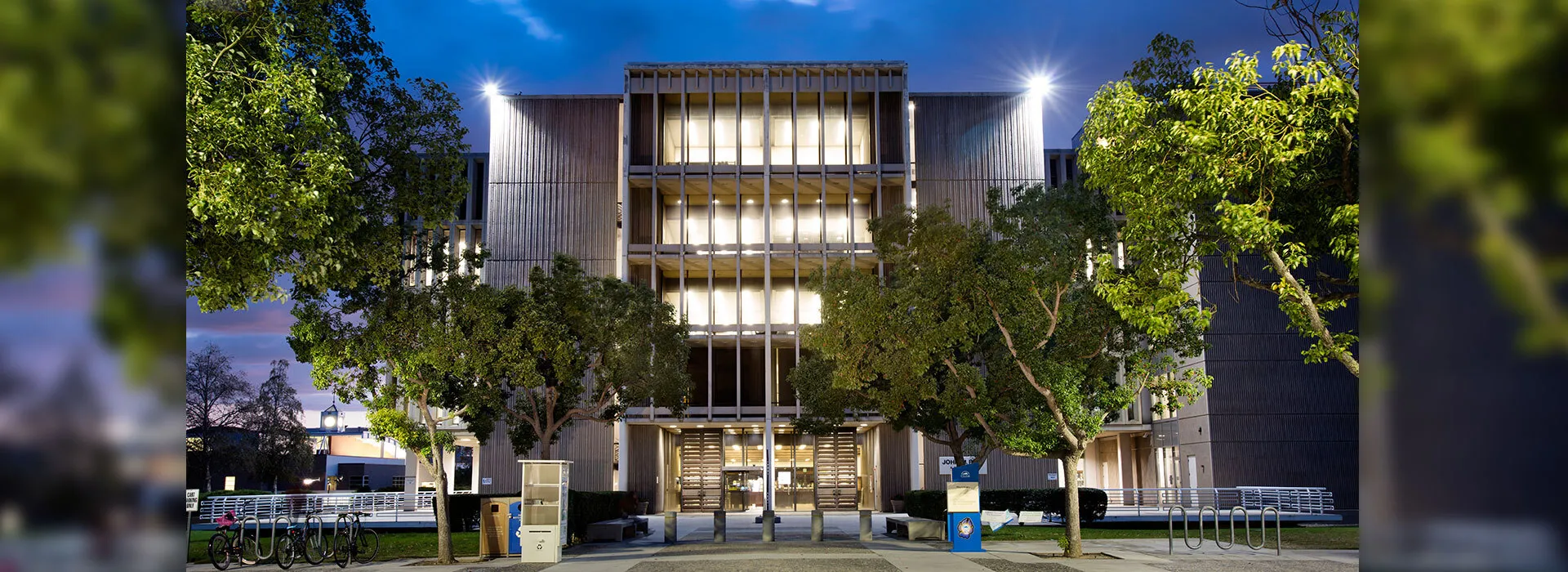
NOTE: Faculty, if you are interviewed and quoted by news media, or if your work has been cited, and you have an online link to the article or video, please let us know. Contact us at news@csusb.edu.
From being interviewed to writing their own opinions, Cal State San Bernardino faculty were in the news in the past few days.
Huffington Post contributor David Henry Sterry featured Paula Priamos, author and adjunct English and creative writing professor, in a question-and-answer interview “about writing, thrillers, memoirs and how she got published.”
An excerpt: “I teach creative writing and one of the first things I tell my students is to be both humble and confident. Know that you’re not immune to criticism and helpful suggestions, but also know that you can’t please everyone nor should you try. Keep an open mind without losing your own creative vision. Try not to get frustrated with what may seem like a slow process of seeing your work to publication because, in the end, there’s nothing like the rush of holding your own beautifully bound book for the first time and knowing it now has the potential to reach countless readers.”
Priamos’ writing has appeared various publications, including the Los Angeles Times Magazine, The New York Times Magazine, ZYZZYVA, Crimewave Magazine in the UK, The Washington Post Magazine, and The San Francisco Chronicle, among others. She is the author of the memoir “The Shyster’s Daughter” and the novel “Inside V.”
Not mentioned in the article is that Priamos earned her B.A. in English at CSUSB.
The article, published on May 22, 2017, can be read at “Paula Priamos on writing, saying “no” to an agent, and being a shyster’s daughter.”
Andreas Kossak, an adjunct professor of communications study who runs the Written by Veterans program at Cal State San Bernardino’s Veterans Success Center, was interviewed in a Redlands Daily Facts article about Charles E. Frye’s effort to write and publish his historical novel, “The War has Begun.” Frye, a Redlands resident and Army veteran, wrote the book, the first of four, chronicling the life of Issac Frye, his great-great-great-great grandfather, a New Hampshire farmer serving in the Continental Army during the American Revolution.
After amassing a great deal of information through his research (it began years ago when he helped his son with a fifth-grade history project), and struggling to turn it into a novel, the newspaper reported that a trip to the Los Angeles Times Book Festival changed all that, when his wife and her friend met Andreas Kossak, an adjunct professor of communications study at CSUSB. Kossak was at the festival advertising Written by Veterans, designed to “open the world of creative writing” to all military veterans and their families. The program was established in 2014 at CSUSB. Frye joined the group.
“This was his story to tell,” Kossak said of Frye’s work. “What we look for are authors looking to tell a story that’s authentic, and he had the raw energy of telling this story and the obsession over it.”
The article, published May 27, 2017, and also appearing in The Sun, can be read at “This Redlands man’s relative fought in the Revolutionary War. Now he’s telling his story.”
Alemayehu (Al) Mariam, a professor of political, wrote in an opinion column: “Ethiopia has been under a state of emergency decree since October 2016. That decree imposes ‘draconian restrictions on freedom of expression, association, and assembly that go far beyond what is permissible under international law.’ There has been a significant deterioration in human rights violations in Ethiopia over the past decade.”
Mariam’s research interests are in African law and human rights. He is a constitutional lawyer and senior editor of the International Journal of Ethiopian Studies.
His opinion column, published May 29, 2017, can be read at “Ethiopia at tipping point as Congress mulls human rights bill.”
Brian Levin, professor of criminal justice and director of the Center for the Study of Hate and Extremism, presented the center’s latest hate crime report to the Los Angeles County Network Against Hate Crime, the Los Angeles Daily News reported. Violent clashes and arrests as a result of political intolerance increased in 2016 on California college campuses and at pro-Trump rallies, as did far-left extremism that could lead to more civil conflicts, concluded the report.
Frayed race relations, demographic changes and political divisions along with distrust in institutions and the democratic process all contributed to the rise of hate crimes and extremism, said Levin.
“The hard left now poses a distinct threat to the maintenance of free speech on some California campuses, like UC Berkeley, owing to their swarming of campuses featuring bigoted or controversial speakers,” Levin said in the report. Politics and a heated election year also led to more hate crimes and civil conflicts in some of California’s largest cities last year compared with 2015, he added.
The article, published May 26, 2017, and appearing in other Southern California News Group newspapers, can be read at “As hate crimes rise in LA, new report says ‘hard left’ actions also pose threat.”